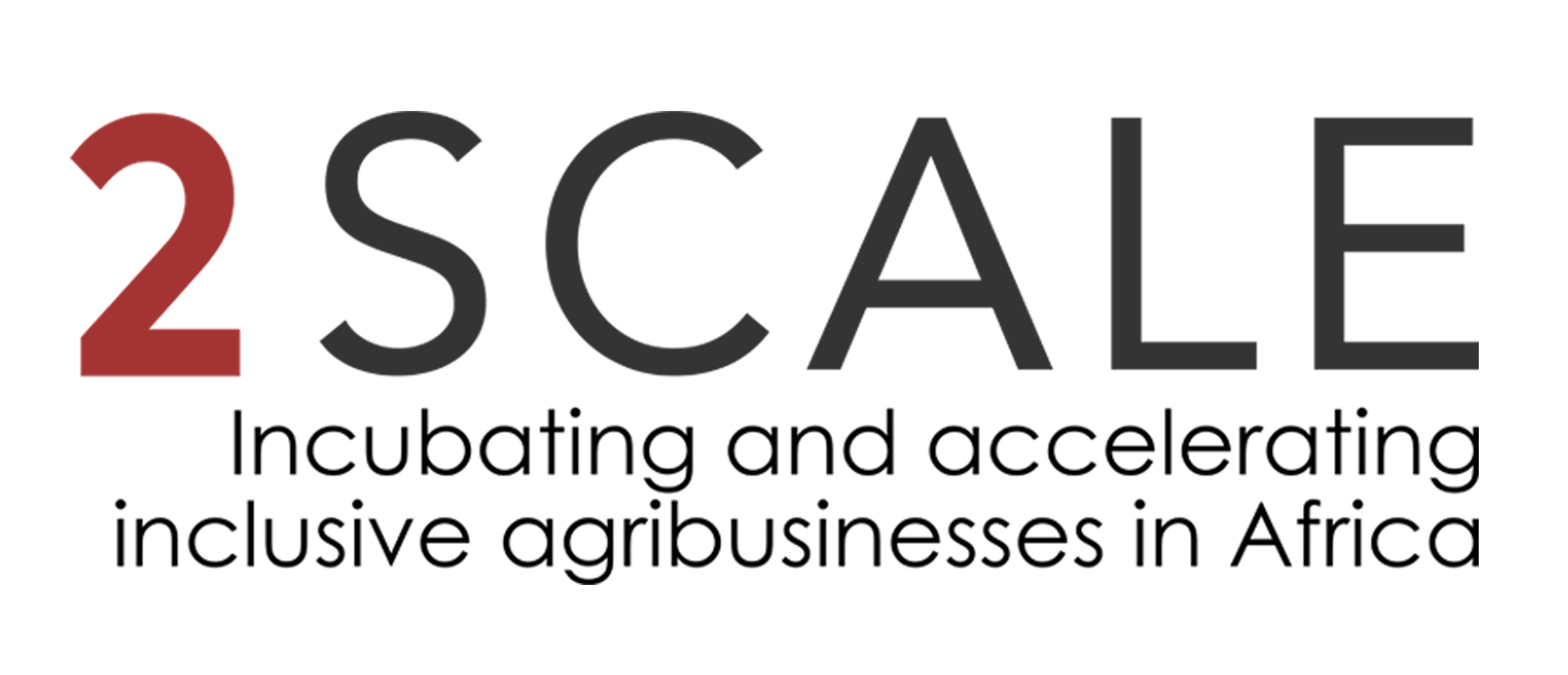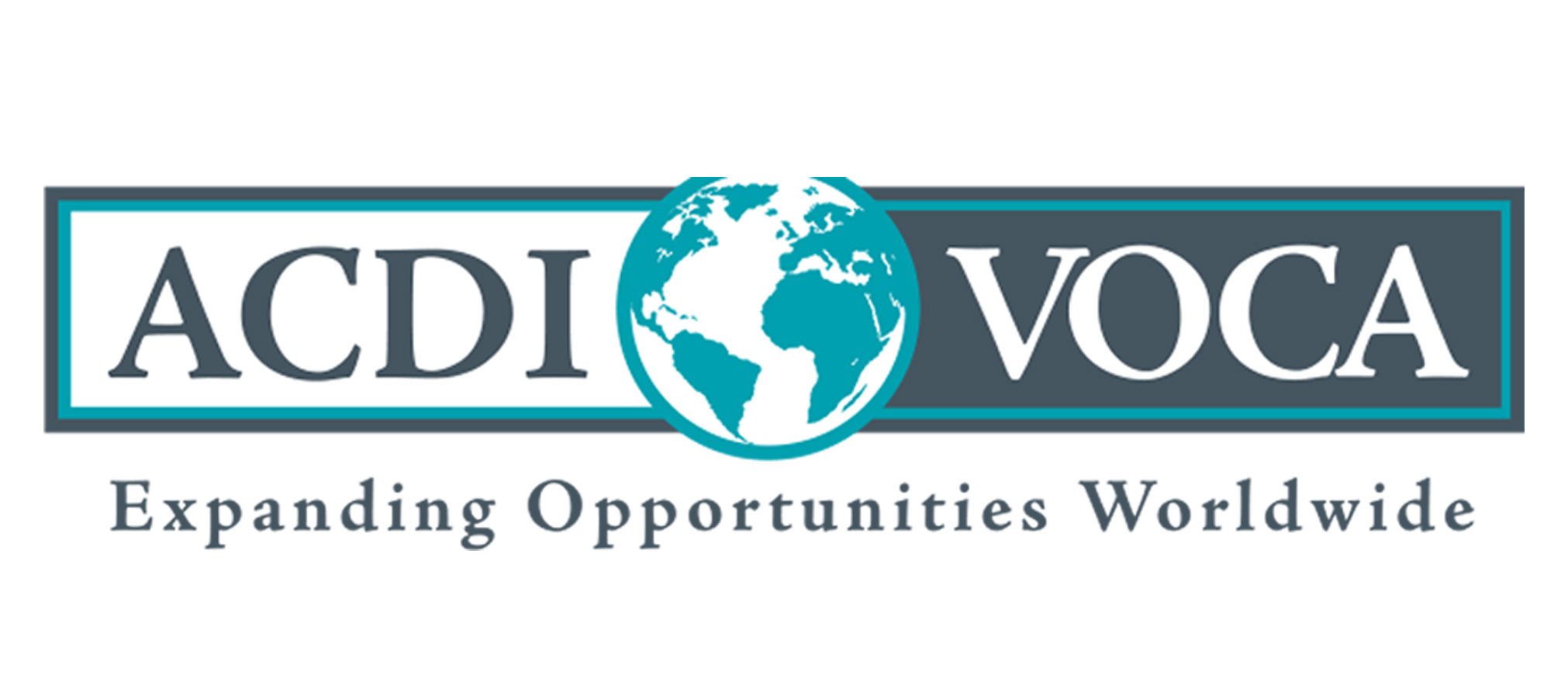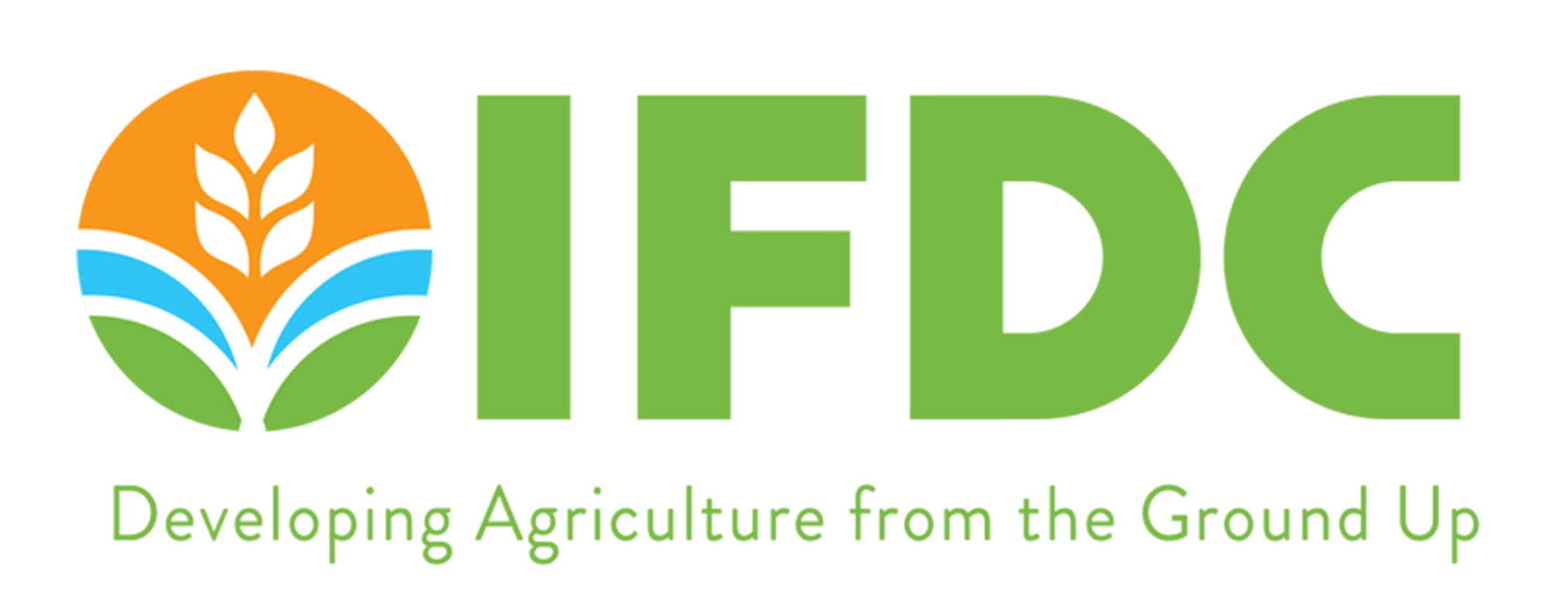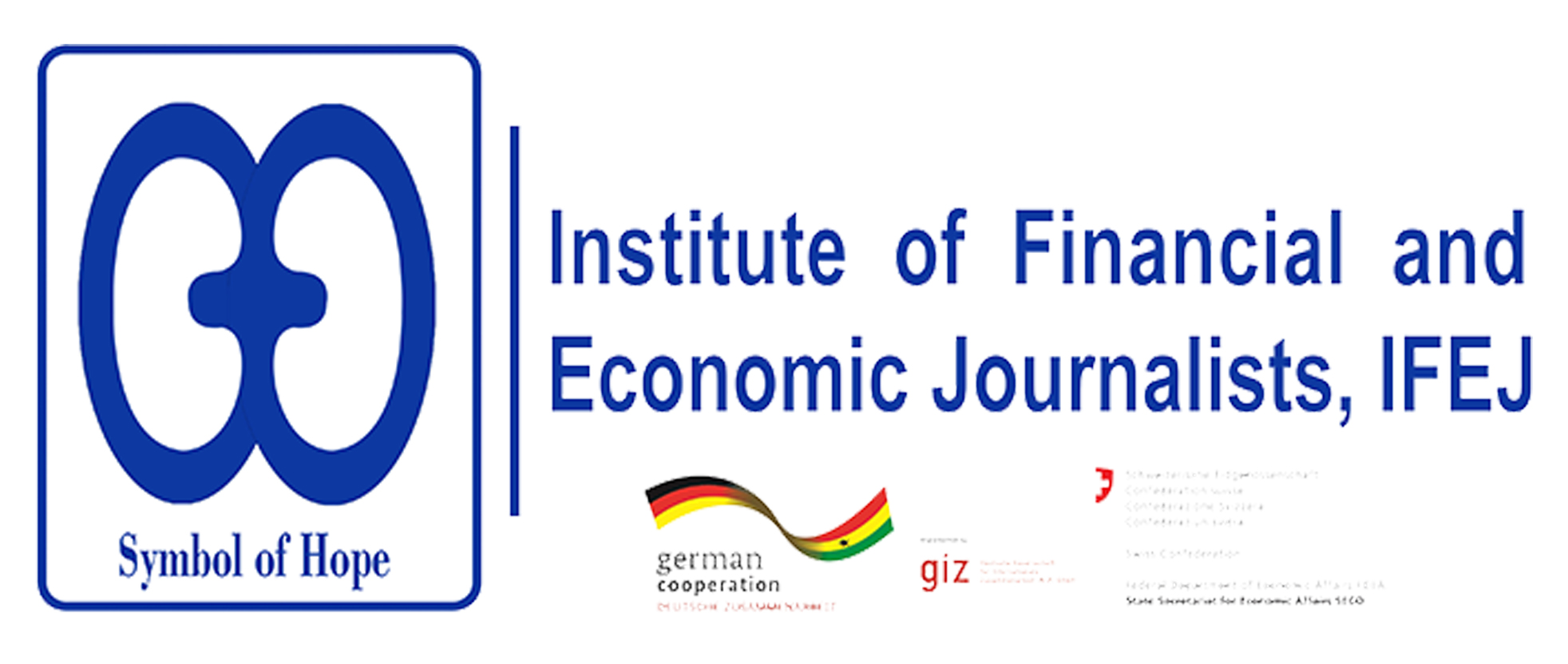BESEN DIANNOU
Across Benin, food insecurity affects everyone, especially children.
Lack of food not only causes children to suffer from hunger, it can also result in serious health conditions and behavioral problems, as well as a lack of focus and concentration, which affect their performance in school and in social situations.
A daily school meal is often the most nutritious meal a child receives. But even that can be precarious.
To address this need, CRS has worked with the Benin government and other partners to implement the U.S. Department of Agriculture Local and Regional Procurement Project that supports school feeding programs using locally produced crops.
The farm to fork approach creates jobs and supports local economies through purchase of locally grown, nutritious, and often underutilized foods from local producers.
It also encourages serving recognizable regional and culturally appropriate food prepared by local cooks in schools.
We also helped schools establish temporary storerooms, kitchens, and canteens.
In October, 80 school feeding programs were established in the Department of Borgou.
In Parakou, N’Dali, Perere, and Tchaourou communes, the benefits to the community are substantial.
But the greatest benefit is the alleviation of child hunger which leads to an in increase in student attendance at school, and by extension, an increased chance of student success.
Because a healthy mind needs a healthy body. And a healthy community is only as strong as its youngest citizens.






















